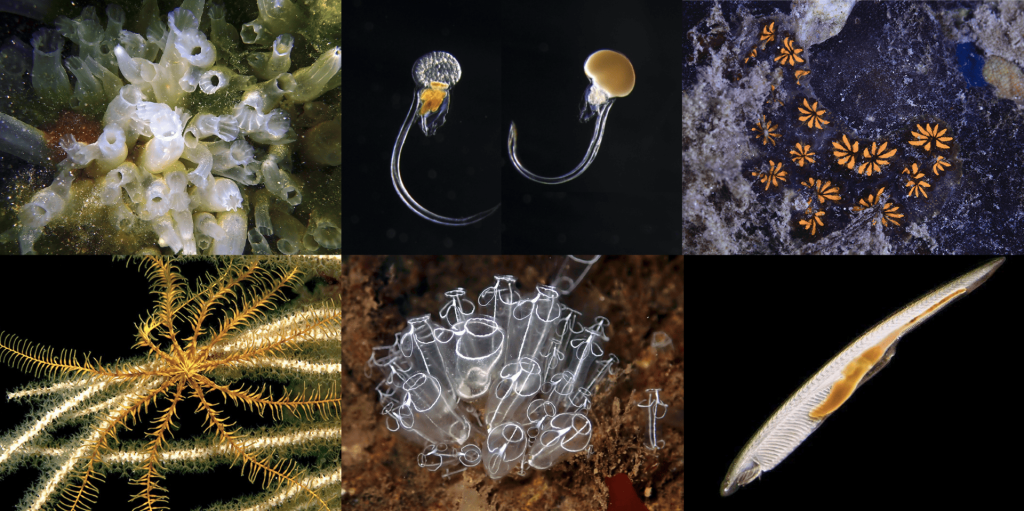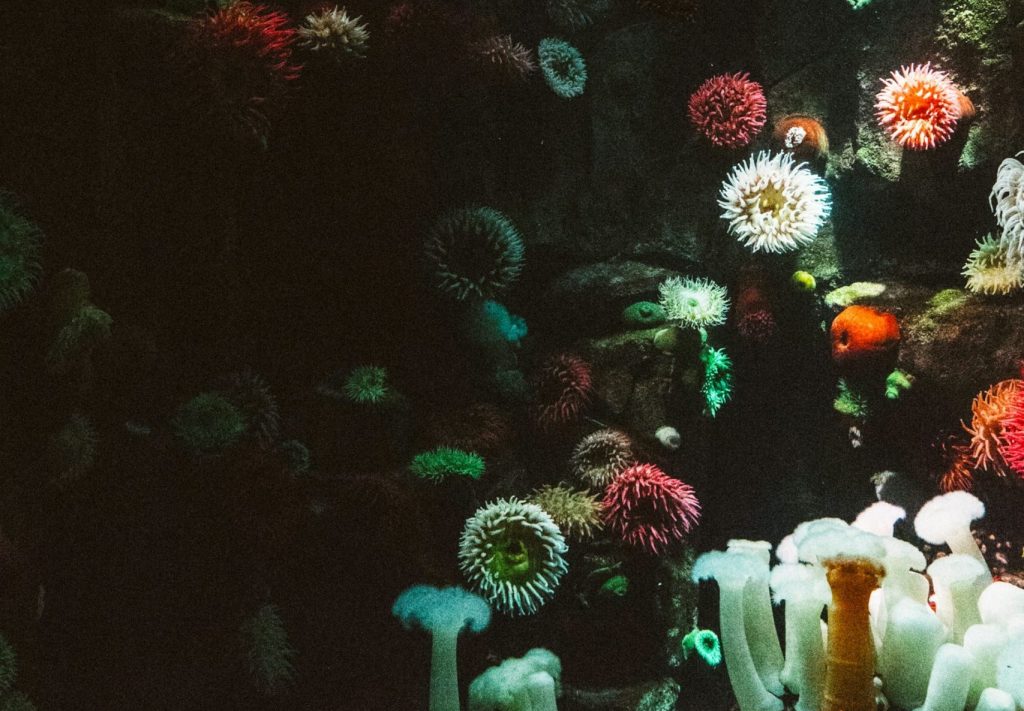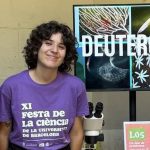In recent years, marine noise pollution caused by ships, drilling, dredging and other human activities has increased significantly worldwide. This constant rumble raises concerns amongst scientists about its impact on marine life.
These sounds interfere with the ocean’s natural acoustic landscape, disrupting essential animal behaviors such as communication, predator avoidance, foraging, and reproduction. In the ocean, where light can only go so far, many species rely heavily on sound to survive, and even distant or sporadic human activities can cause major disturbances. Unlike on land, where sound fades quickly, underwater noise travels far and fast.
So far, most of the research has focused on how underwater noise affects the bigger guys, vertebrates, such as whales and fish. But what about invertebrates? These small boneless creatures make up the majority of marine biodiversity, yet we still don’t know much about how noise impacts them.
That’s where the DeuteroNoise Project comes in. The DeuteroNoise is an international european joint initiative funded by JPI-Oceans that include teams from Italy, Norway, Romania and Spain that aim to fill this important gap in knowledge. We examine underwater noise across five European basins, focusing on its effects on invertebrates that are ecologically important and closely related to vertebrates in evolutionary terms. These deuterostomic invertebrates, which give their name to our project, include animals like starfish and sea squirts, and play a crucial role in marine ecosystems. They help maintain the balance of marine food webs and contribute to essential environmental processes such as sediment mixing and recicling of organic matter.

Image containing various species of deuterostomic invertebrates: Oikopleura dioica, Ciona robusta, Botryllus schlosseri, Antedon mediterrania, Clavelina lepadiformis and Branchiostoma lanceolatum.
Through an integrative approach that combines behavioural experiments, molecular biology, and ecology, we are investigating if these animals share a common biological response to noise. We are also exploring whether this response, which we refer to as the “noisesome”, might be found in other marine animals, including vertebrates. If such a pattern exists, it could provide powerful insights into the evolutionary and ecological consequences of acoustic pollution.
My PhD thesis, which is being developed in the Section of Genetics and Biodiversity Reserach Institute (IRBio) in the Universitat de Barcelona (UB) under the supervision of Dr. Rosa Alsina-Pagès (La Salle-RL) and Dr. Cristian Cañestro, pays special focus on the study of the zooplantonic tunicate species Oikopleura dioica, which has a crucial role in marine food webs and the carbon cycle. By shedding light on these essential but often overlooked species, our research contributes to the understanding of how noise pollution affects the delicate balance of marine ecosystems. This is a vital step toward ensuring the protection and preservation of our oceans and the incredible diversity they hold.
PhD Candidate in Genetics at the Universitat de Barcelona working in Ecology, Evolution and Development.


